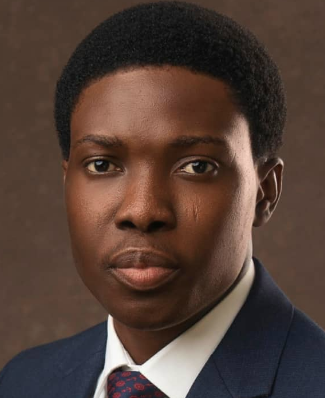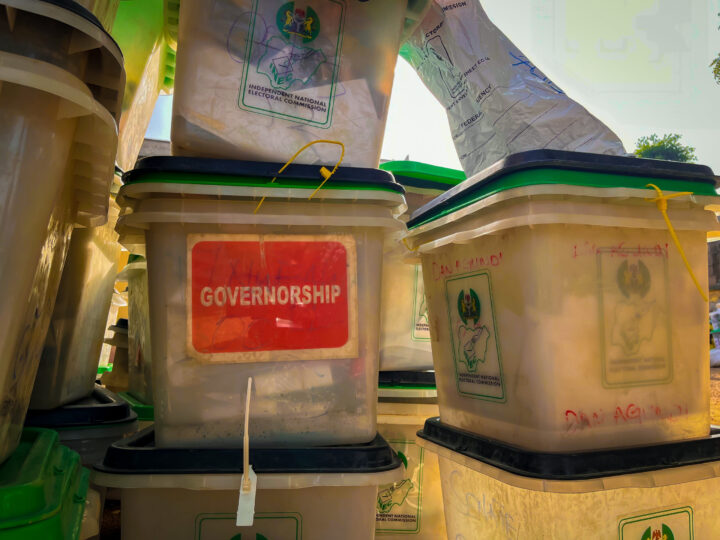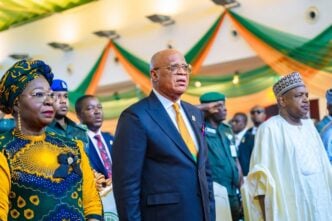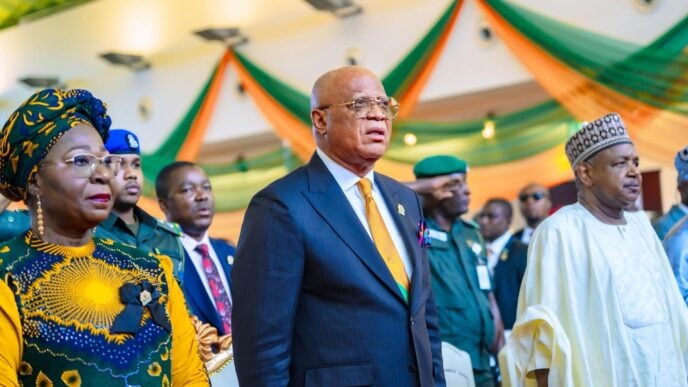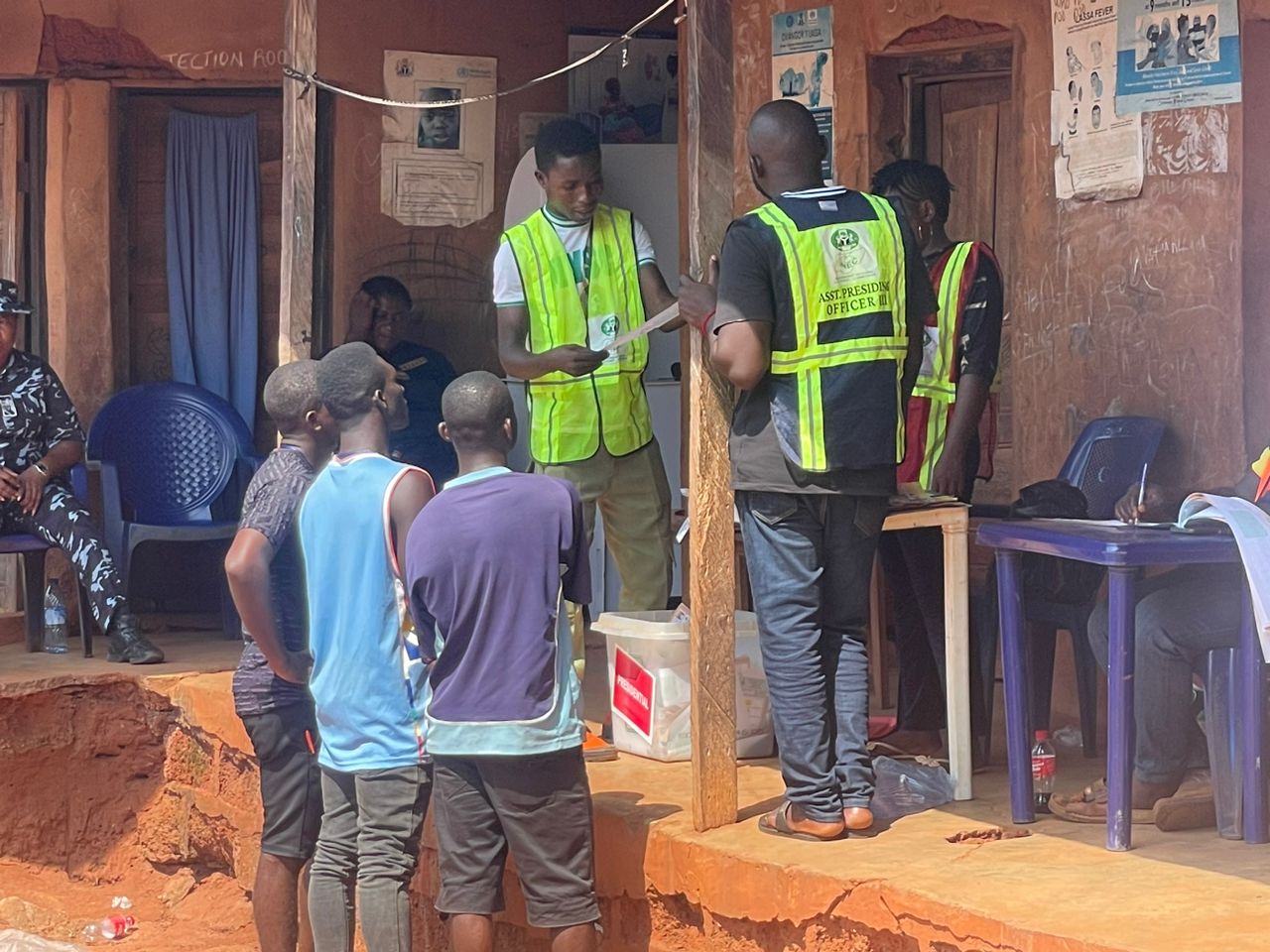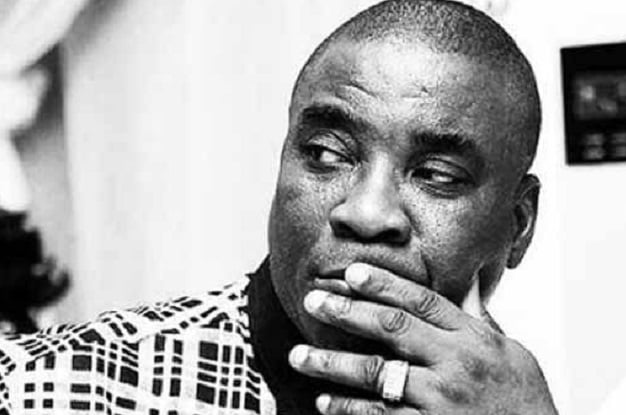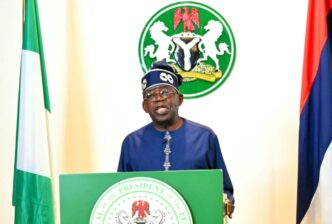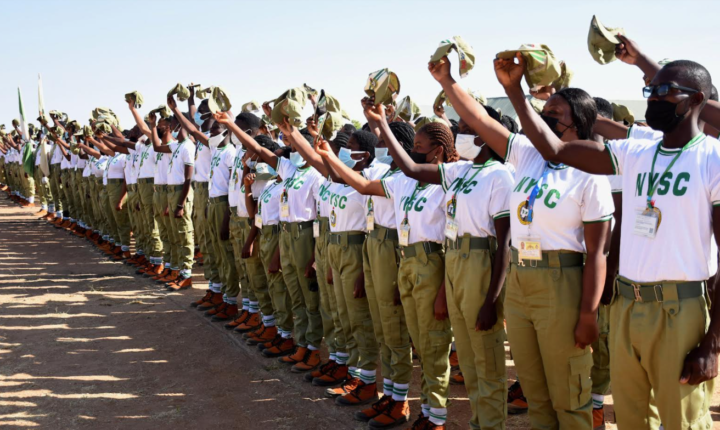The first comprehensive national assessment reveals a sobering truth about how we treat our most vulnerable populations.
In January 2019, the passage of the Discrimination Against Persons with Disabilities (Prohibition) Act ushered in a new era of hope for millions of Nigerians with disabilities. But six years later, the promise of inclusion remains far from reality for 35 million Nigerians with disabilities.
Last Friday, the 2024 State of Disability Inclusion Report, jointly launched by the National Commission for Persons with Disabilities and Project Enable Africa, in Abuja, presents a factual assessment of how Nigeria treats its estimated 35 million citizens with disabilities. The verdict is sobering: with a national average score of just 32.8%, Nigeria is falling short of its promises to some of its most vulnerable populations. The findings should concern every Nigerian who believes in equity, justice, and inclusive development.
The report reveals stark disparities nationwide. While Lagos State leads with a score of 56%, still barely above average by global standards, states like Rivers, Taraba, and Niger scored a dismal 16%. This is not just about numbers; it is about millions of Nigerians who face daily barriers to basic human dignity.
Advertisement
Consider this: despite the National Disability Act becoming law six years ago, only 23 of Nigeria’s 36 states have enacted corresponding disability legislation. More troubling, only 15 states have established agencies to implement these laws. This means that in over half of our states, persons with disabilities have no legal recourse, no institutional protection, and no systematic support.
The report’s most critical finding is not the absence of laws – it is the yawning gap between policy and practice. Even in states with disability legislation, the reality on the ground tells a different story. Public buildings remain largely inaccessible. Healthcare facilities lack basic accommodations for persons with disabilities. The mandated 5% employment quota for persons with disabilities in public service remains largely ignored.
Perhaps, most heartbreaking are the education statistics: over 85% of schools in Nigeria are not accessible to students with disabilities, and 70% of children with disabilities are out of school entirely. In a country that prides itself on educational advancement, we are systematically excluding millions from the foundation of human development.
Advertisement
The report’s methodology evaluates states across five critical dimensions, including accessibility, education, healthcare, employment, and social protection, and reflects a crucial shift from viewing disability through a charity lens to understanding it as a rights issue. This is not about being kind to “less privileged” people; it is about recognising the full citizenship and human rights of persons with disabilities.
The research involved 114 persons with disabilities across all six geopolitical zones, ensuring their voices were central to the assessment. This adherence to the principle of “Nothing About Us Without Us” gives the findings particular credibility and moral authority.
The regional analysis reveals telling patterns. The South-West leads with an average score of 41.3%, largely driven by Lagos’s relatively progressive approach. However, the South-South region, despite its oil wealth, ranks lowest at 20.7%, indicating that economic resources alone do not guarantee inclusion without political will and proper governance.
The North-West’s performance (34.9%) is particularly noteworthy given the region’s challenges with education and economic development. States like Kebbi and Sokoto scoring in the 40s demonstrate that commitment and leadership can overcome resource constraints.
Advertisement
The report arrives at a critical juncture. As Nigeria grapples with economic challenges, security concerns, and development pressures, there might be a temptation to view disability inclusion as a luxury. This would be profoundly short-sighted.
The presence of dignitaries like the Senior Special Assistant to the President on Special Needs and Equal Opportunities, Honourable Mohammed Abba Isa, and the Honourable Minister of State for Humanitarian Affairs and Poverty Reduction, Dr. Yusuf Tanko Sununu (represented), at the launch signals government recognition of the issue’s importance. Now, this recognition must translate into action.
First, the 13 states without disability laws must urgently enact and domesticate the National Disability Act. This is not optional; it is a legal and moral obligation. Second, states with laws but no implementing agencies must establish functional institutions. Laws without enforcement mechanisms are merely paper promises.
Third, accessibility audits must be conducted nationwide, with mandatory timelines for retrofitting public infrastructure. The five-year grace period for compliance ended long ago. Fourth, the education sector requires immediate attention. No child should be denied education because of their disability, and no school should remain inaccessible in 2025.
Advertisement
Perhaps the report’s greatest value lies in establishing a credible baseline for measuring progress. Future assessments can track whether Nigeria is moving toward or away from inclusive development. Civil society organisations, development partners, and citizens now have concrete data to hold governments accountable.
The Nigeria Disability Inclusion Index introduced in this report provides a standardised framework that other African countries can adapt, potentially establishing Nigeria as a leader in disability inclusion measurement on the continent.
Advertisement
Ultimately, this report is about more than statistics and rankings; it is about the nurse with visual impairment who cannot access training opportunities, the brilliant student with autism excluded from university, and the entrepreneur with physical disability denied business premises due to inaccessible infrastructure.
Nigeria aspires for greatness on the global stage, but we cannot achieve true greatness while systematically excluding 15% of our population from full participation in society. The 2024 State of Disability Inclusion Report has given us a mirror – what we see reflected should inspire urgent action, not comfortable complacency. The question now is whether Nigeria will rise to meet this challenge. Thirty-five million Nigerians with disabilities are watching and waiting. They deserve more than our sympathy; they deserve our commitment to action.
Advertisement
The 2024 State of Disability Inclusion Report: Disability Inclusion Landscape in Nigeria is available for public access and represents the most comprehensive assessment of disability inclusion ever conducted in Nigeria.
Advertisement
Views expressed by contributors are strictly personal and not of TheCable.
